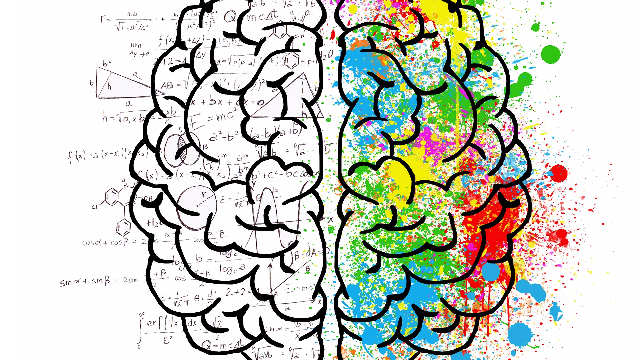Be careful if you lie about your IQ as researchers have developed a machine-learning algorithm that may tell how smart you are by looking at a scan of your brain.
The study showed that the new computing tool can predict a person’s intelligence from functional magnetic resonance imaging (fMRI) scans of their resting state brain activity.
The fMRI develops a map of brain activity by detecting changes in blood flow to specific brain regions.
“We found if we just have people lie in the scanner and do nothing while we measure the pattern of activity in their brain, we can use the data to predict their intelligence,” said co-author Ralph Adolphs from the California Institute of Technology (Caltech).
To train their algorithm on the complex patterns of activity in the human brain, the researchers downloaded the brain scans and intelligence scores from almost 900 individuals.
The researchers found that after processing the data, the algorithm was able to predict intelligence at statistically significant levels across the subjects.
“The information that we derive from the brain measurements can be used to account for about 20 per cent of the variance in intelligence we observed in our subjects,” said Julien Dubois from the Cedars-Sinai Medical Centre.
In predicting intelligence from brain scans, the algorithm is doing something that humans cannot, because even an experienced neuroscientist cannot look at a brain scan and tell how intelligent a person is, the researchers said.
The researchers also conducted a parallel study, using the same test population and approach, that attempted to predict personality traits from fMRI brain scans.
The personality test they used divides personality into five scales — openness to experience, conscientiousness, extraversion, agreeableness, neuroticism.
However, it has turned out to be much more difficult to predict personality using the method the team used for predicting intelligence.
The two studies are yet to be published in the separate journals Personality Neuroscience and Philosophical Transactions of the Royal Society. IANS







































